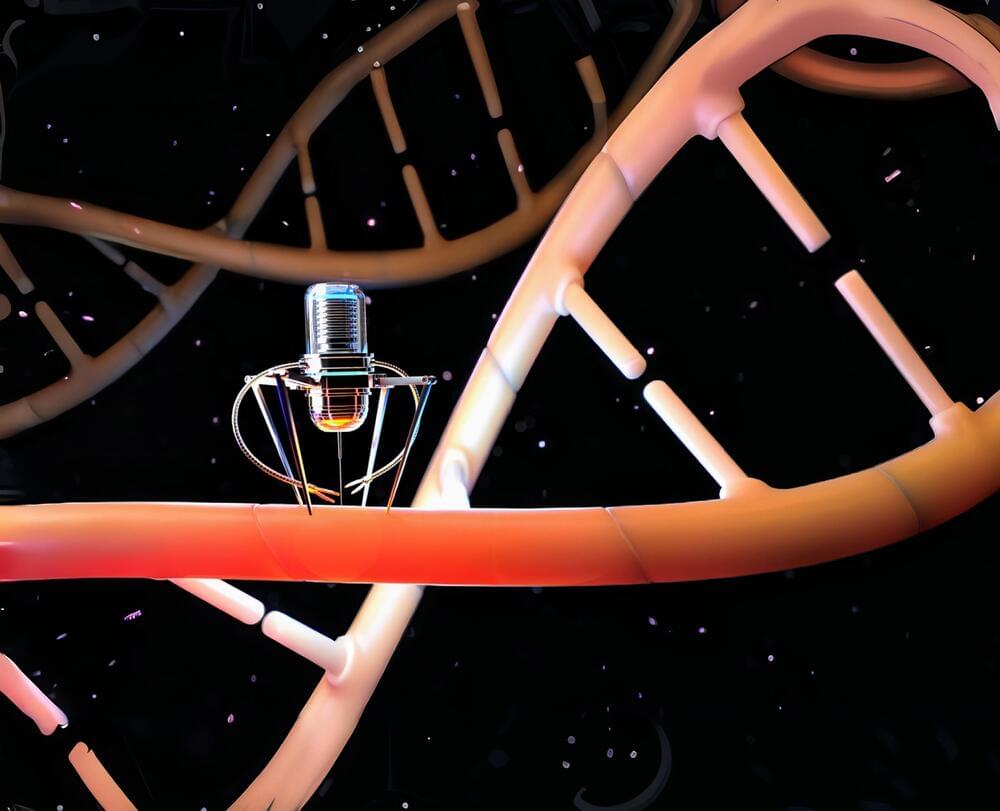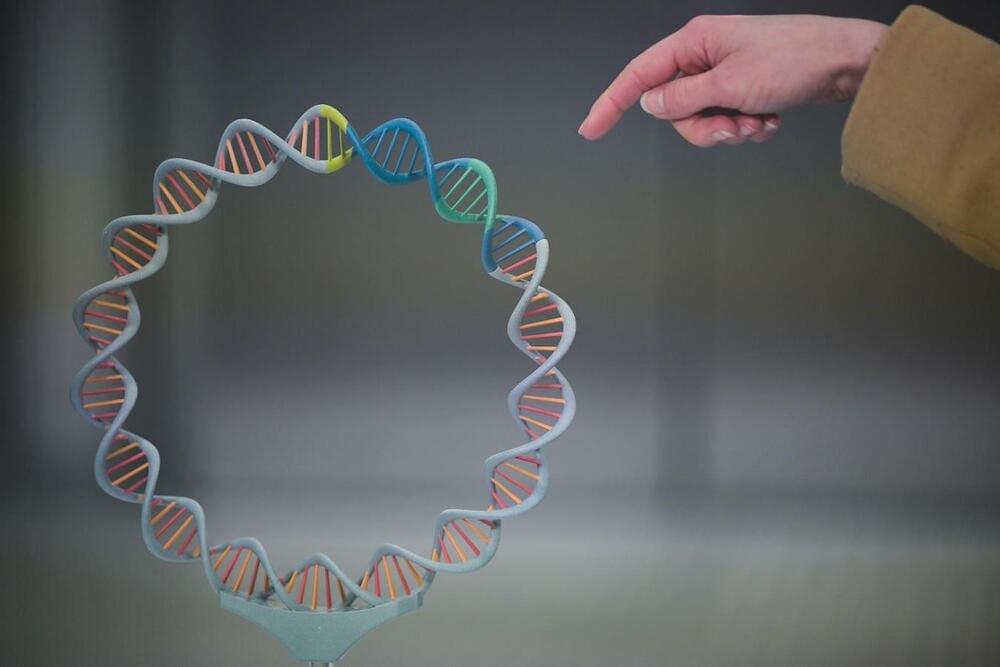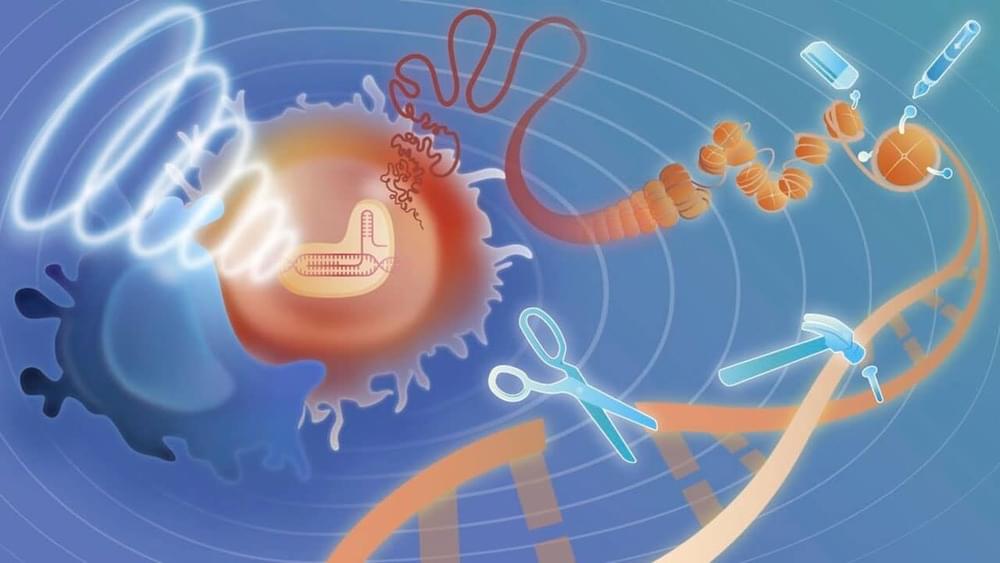Inside the surprisingly meaningful, unexpectedly heartbreaking, and deeply confusing reality of AI relationships.



“In vivo measurement of basement membrane stiffness showed that ISCs reside in a more rigid microenvironment at the bottom of the crypt,” the article’s authors wrote. “Three-dimensional and two-dimensional organoid systems combined with bioengineered substrates and a stretching device revealed that PIEZO channels sense extracellular mechanical stimuli to modulate ISC function.”
The paper’s first author is Meryem Baghdadi, PhD, a former researcher at SickKids, and the paper’s senior authors are Tae-Hee Kim, PhD, a senior scientist at SickKids, and Danijela Vignjevic, PhD, a research director at Institut Curie. The study they led expanded on the work of one of the paper’s co-authors, Xi Huang, PhD, a senior scientist at SickKids.
In 2018, Huang found that PIEZO ion channels influence tumor stiffening in brain cancer. Inspired by this research, the collaborators in the current study set out to explore how stem cells in the intestines use PIEZO channels to stay healthy and function properly.

“Kepler-51e has an orbit slightly larger than Venus and is just inside the star’s habitable zone, so a lot more could be going on beyond that distance if we take the time to look,” said Dr. Jessica Libby-Roberts.
How many exoplanets are in the cosmos and what can they tell us about planetary formation and evolution? This is what a recent study published in The Astronomical Journal hopes to address as an international team of more than 50 researchers announced the discovery of Kepler-51e, which is the fourth planet residing in the Kepler-51 system. This discovery holds the potential to expand our knowledge of exoplanets, specifically regarding their formation and evolution, as Kepler-51e challenges previous notions about low-density exoplanets, also called “puff planets” or “Super-Puffs”
“Super puff planets are very unusual in that they have very low mass and low density,” said Dr. Jessica Libby-Roberts, who is a Postdoctoral Scholar in the Department of Astronomy and Astrophysics at Penn State University and second author of the study. “The three previously known planets that orbit the star, Kepler-51, are about the size of Saturn but only a few times the mass of Earth, resulting in a density like cotton candy.”
For the discovery, the researchers used NASA’s powerful James Webb Space Telescope (JWST) using a method called transit timing variations, which are caused by other planets in the system tugging on each other, resulting in very slight changes in their orbits. For example, the team noticed that the third planet in the system, Kepler-51d, transited its star two hours earlier than anticipated, indicating the gravity of an unknown fourth planet was tugging on it.

“These sites act like Velcro with different colors – designed so that only strands with matching ‘colors’ (in fact, complementary DNA sequences) can connect,” said Dr. Luu.
This method allows researchers to construct customizable, highly specific architectures that can perform intricate tasks at the molecular level.
One of the most promising applications of this technology is its ability to create nanorobots capable of delivering drugs directly to targeted areas within the body.

“Discovering liquid water oceans inside the moons of Uranus would transform our thinking about the range of possibilities for where life could exist,” said Dr. Douglas Hemingway.
Do the moons of Uranus have interior liquid oceans like the moons of Jupiter and Saturn? This is what a recent study published in Geophysical Research Letters hopes to address as a pair of researchers investigated the likelihood of five Uranus moons, Miranda, Ariel, Umbriel, Titania, and Oberon possessing interior oceans. This study holds the potential to not only help researchers better understand the compositions of these moons, but also establish a framework for sending a spacecraft to Uranus for the first time since NASA’s Voyager 2 in 1986.
For the study, the researchers used computer models to simulate changes in each moon’s wobble with the goal of estimating the potential amount of liquid water that each moon could be harboring. This technique could be used to detect liquid oceans within these moons, thus increasing the feasibility of a future spacecraft mission to Uranus.
In the end, the researchers found that oceans greater than 40 kilometers (25 miles) thick could be detectable, but ocean thickness less than that could prove difficult to detect without better resolution of the wobble calculations. Using these wobble calculations, the researchers estimate that a wobble of 300 feet could indicate an ocean 100 miles thick with an ice shell of 20 miles, using Ariel as an example.


When it is solicited, the research emphases of E.9 Space Biology: Research Studies will fall under two broad categories: Precision Health and Space Crops.
For Precision Health-focused studies, investigators may propose to use any non-primate animal model system, and any appropriate cell/tissue culture/ microphysiological system/ organoid or microbial models, that are supported by the chosen platform. For Space Crop-focused studies, applicants may propose to use any plant model system, and when appropriate, any microbial or plant and microbial model systems that are supported by the chosen platform.
This opportunity will include five different Project Types: Research Investigations, Early Career Research Investigations, New NASA Investigators, GeneLab Analytical Investigations, and Tissue Sharing Investigations.



As described in that paper and henceforth, a transformer is a deep learning neural network architecture that processes sequential data, such as text or time-series information.
Now, MIT-birthed startup Liquid AI has introduced STAR (Synthesis of Tailored Architectures), an innovative framework designed to automate the generation and optimization of AI model architectures.
The STAR framework leverages evolutionary algorithms and a numerical encoding system to address the complex challenge of balancing quality and efficiency in deep learning models.